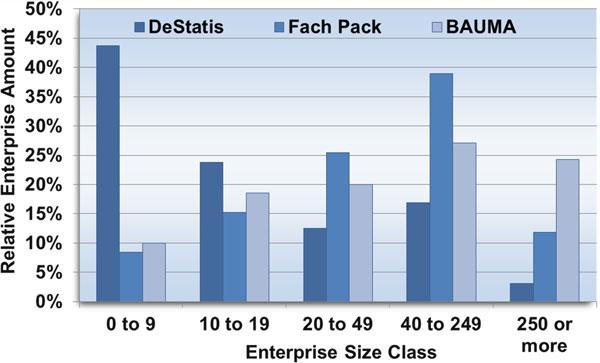74
M.-Á. Revilla-Camacho et al.
Customer trust: The customers’ trust in the personal care center chosen has been measured using the bidimensional scale proposed by Vázquez et al. (2005). When the scale was submitted to the analysis of reliability and validity—once one item which did not attain the recommended values had been removed—all the indices surpassed their acceptation values. We can therefore guarantee this measurement instrument’s reliability and discriminant and convergent validity.
8.3.3
Data Analysis
Before evaluating the structural model, we analyze the measurement model. Following the theoretical guidelines we carry out a factorial analysis using structural equations and taking into account four criteria: the significance and value of the factorial loadings, the individual reliability of each item, and the model’s fit indices. All the indicators surpass the minimum thresholds and the goodness of fit indices show that the measurement model is appropriate (RMR = 0.101; RMSEA = 0.056; GFI = 0.895; Normed χ2 = 2.71).
8.3.4
Results
Regarding the causal model proposed, the data confirm the relationship set out in the hypothesis H (λ = 0.991, p < 0.01). It can therefore be stated that there is a positive relation between value co-creation and the customer’s trust in the service provider. The goodness of fit indices present appropriate values in general (RMR = 0.101; RMSEA = 0.056; GFI = 0.895; Normed χ2 = 2.71).
8.4
Implications for Management
In spite of the unfavorable economic situation, the sector of aesthetics and personal image is on the rise. The demand for the services of this type of establishments is experiencing considerable growth and the main international chains are considering entering the Spanish market. This fact, along with the sector’s high atomization— characterized by the presence of a great number of self-employed and microenterprises—is going to considerably heighten competitiveness. In these circumstances, entrepreneurs will see themselves forced to achieve a sustainable competitive advantage which helps them to compete appropriately. Value co-creation seems like being one of the most accessible. The findings of the study suggest that service firms dedicated to personal care should foster the customers’ active participation in the value creation process, as this has been shown to have a positive influence on the customer’s trust in the service provider. Therefore, and according to the results attained,






